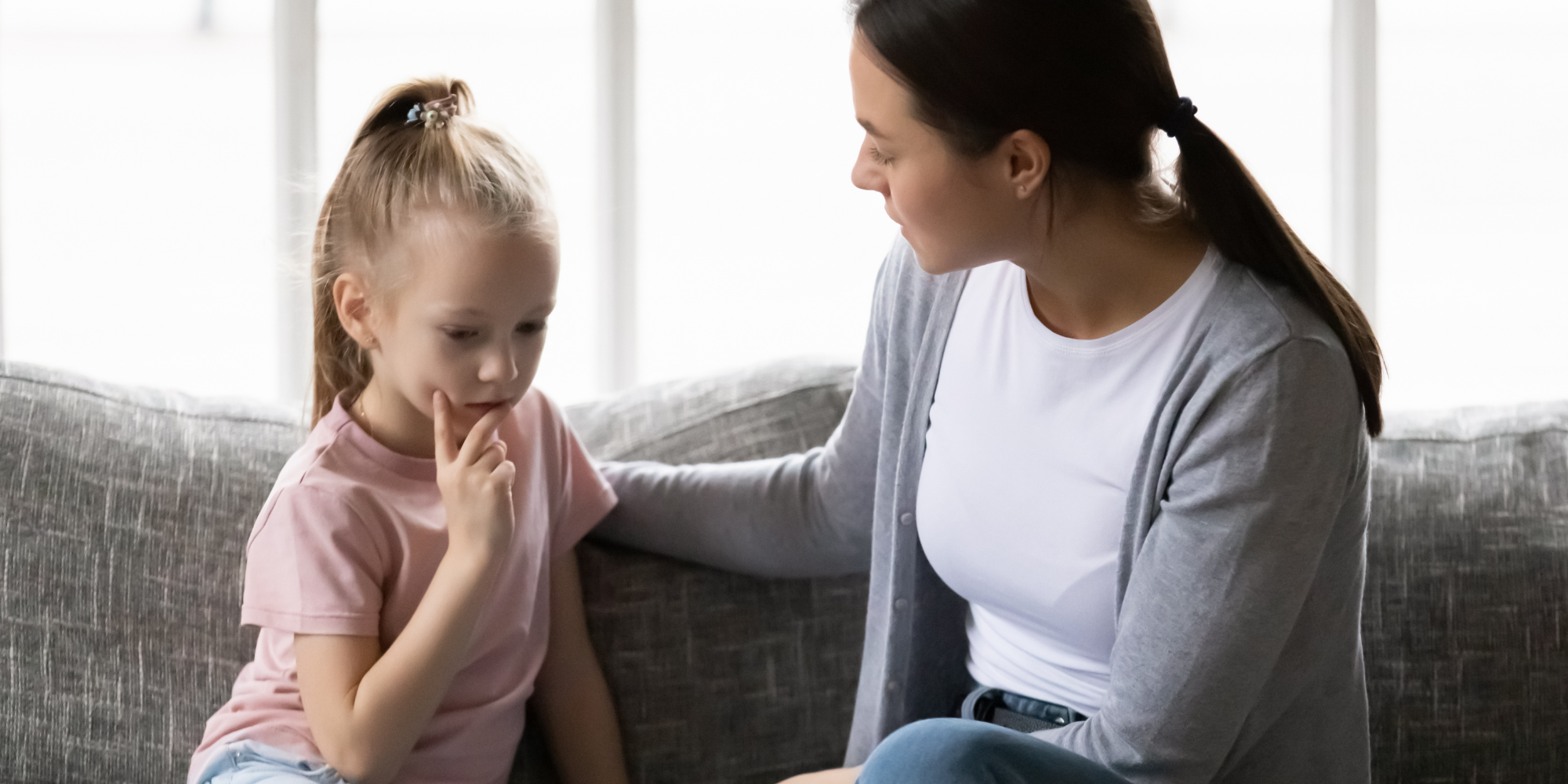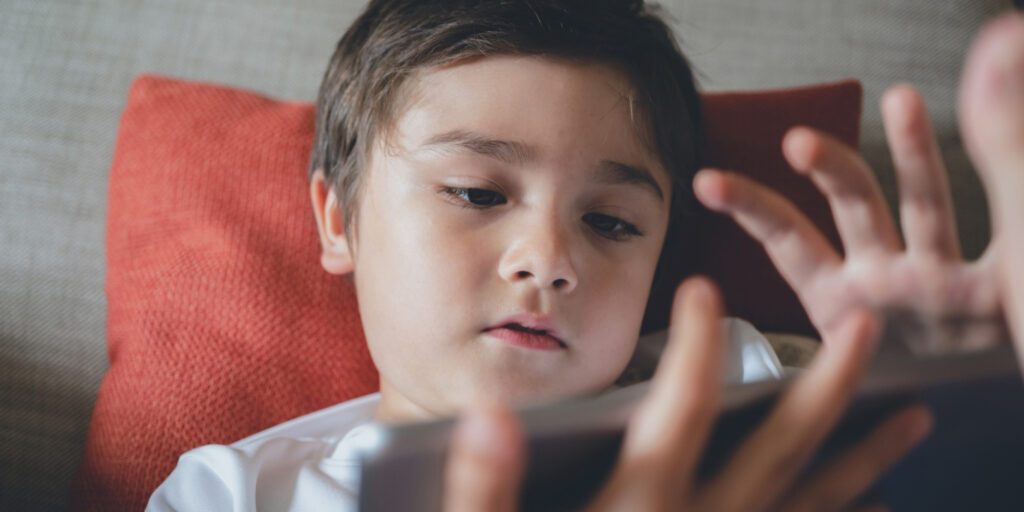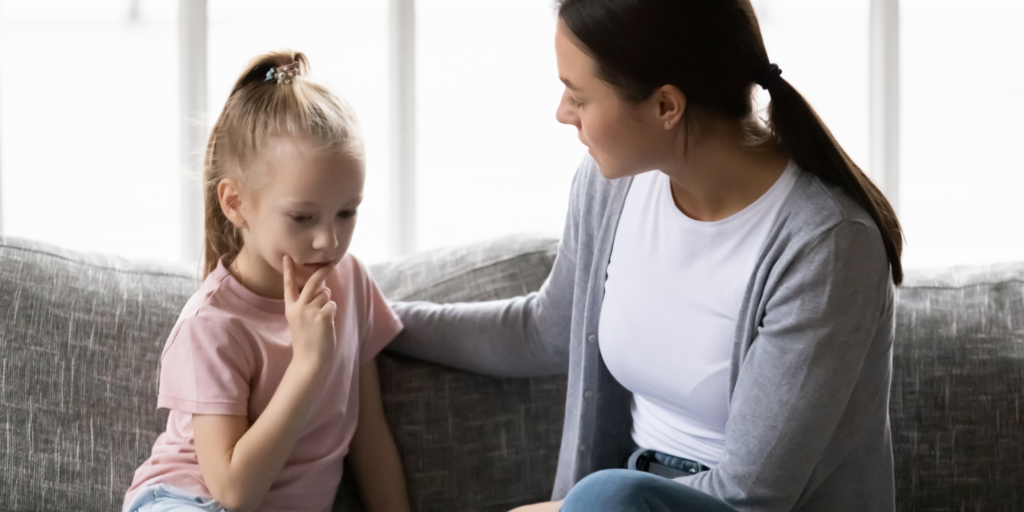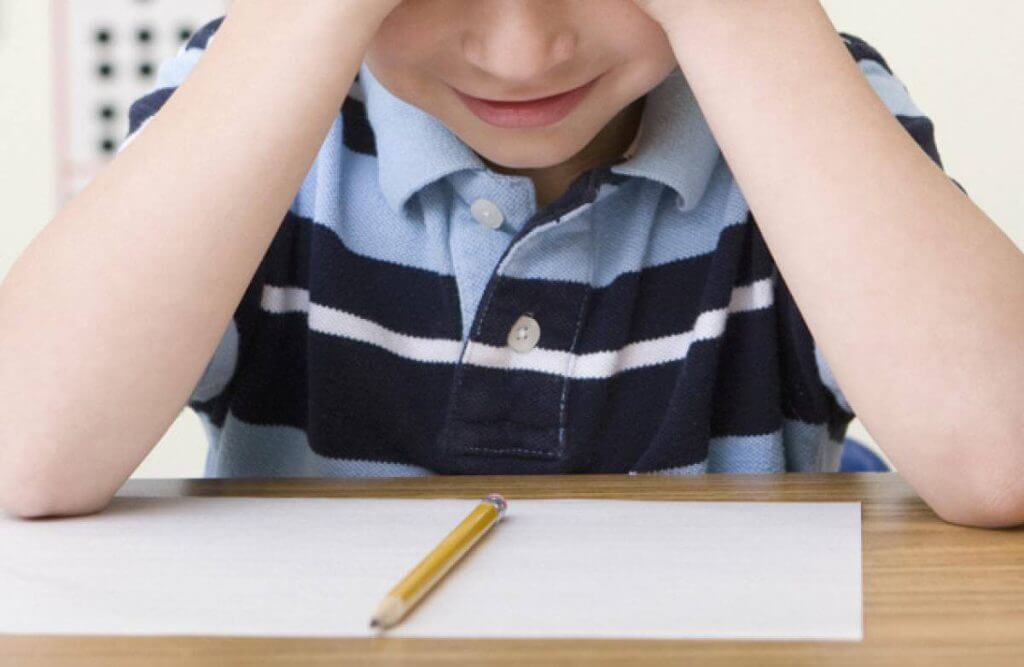Anxiety vs. ADHD in Kids: Similarities and Differences

Does your child or other loved one have difficulty concentrating, poor performance at school, heightened reactivity to situations, sleep disturbances, restlessness, and distractibility? If so, you are likely aware of the impact these symptoms can have on the child and those that care about him or her. Perhaps you’ve even wondered whether this child has ADHD.
But did you know that these are all symptoms of anxiety as well? Anxiety and ADHD have many overlapping symptoms, which can make it difficult to understand the root cause of them. While a child with ADHD and a child experiencing anxiety may experience similar problems, these diagnoses bring about their own separate challenges and are handled differently by therapists based on individual needs. Thus, it is important that an informed diagnosis is made in order to develop the most thoughtful plan for the child.
The long and short of it is this: while children with ADHD are inherently inattentive, children with anxiety are likely to be inattentive as a side-effect of being “preoccupied” by their anxious thoughts and worries.
There are some key behavioral differences between ADHD and anxiety that may guide you in understanding where your child or other loved one falls in regards to these separate diagnoses. Wheres distractibility and poor concentration are likely to be present across contexts for kids with ADHD, these symptoms caused by anxiety are more likely to fluctuate depending on the child’s level of anxiety at the time. For example, a child may experience increased anxiety at school as compared to at home, and thus have more difficulty concentrating in the classroom than at home.
Further, children with ADHD tend to be more impulsive and make short-sighted decisions; they may appear to be “fearless”. However, children with anxiety are likely to be more apprehensive and avoidant of feared situations. Further, children with anxiety are more likely to report physical symptoms such as headaches or stomachaches.
Of course, these diagnoses are not mutually exclusive, and it is possible for a child with ADHD to also experience anxiety. In this case, a creative therapy plan should be developed to help both the child handle their inattentive symptoms as well as their anxiety and fear.
You and your loved one deserve to make the first step toward a better life. Skilled therapists at GLPG are careful to make an educated decision in order to provide a child with the appropriate plan based on their symptoms. Choose from any of our convenient Metro Detroit locations to set up an appointment today.



